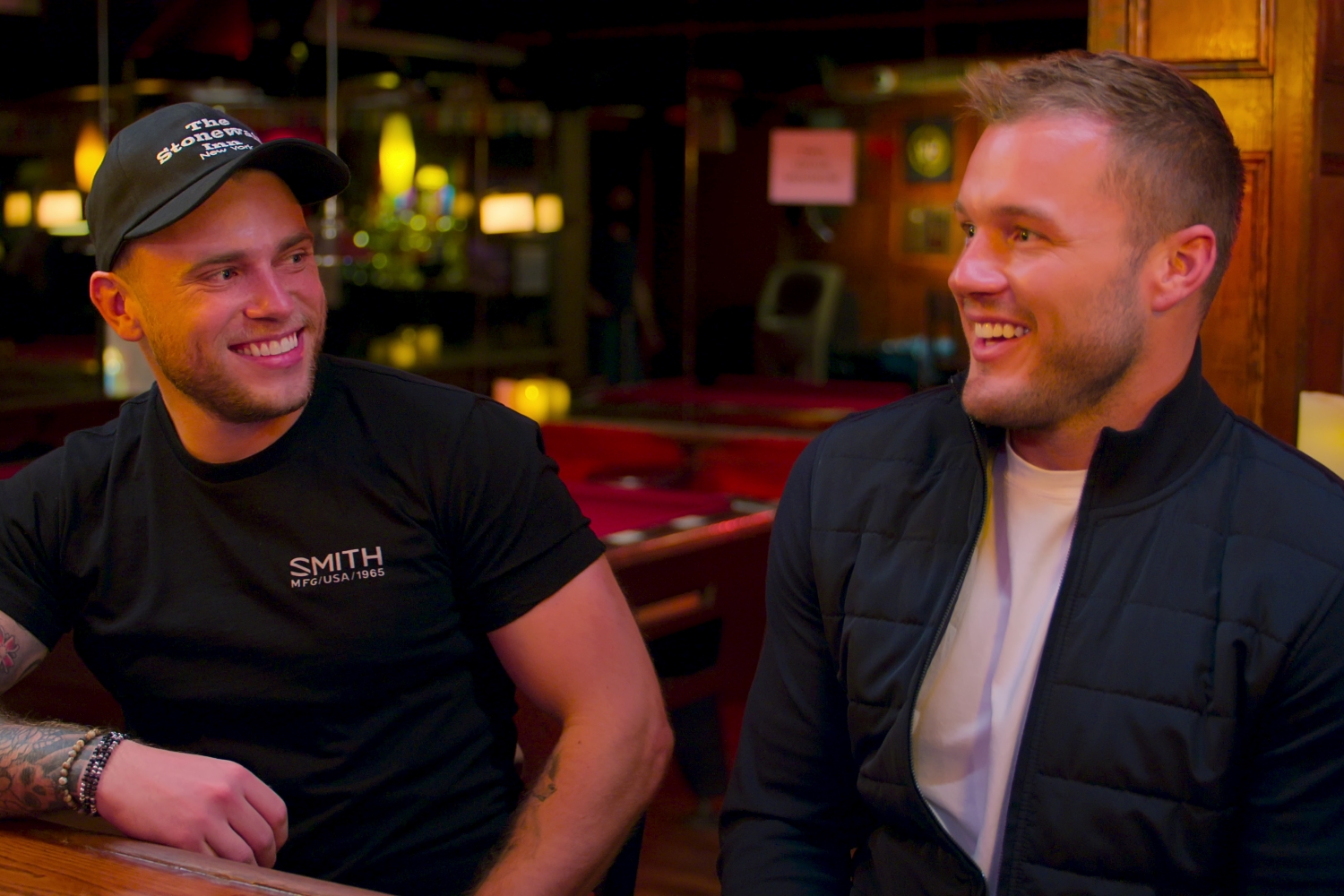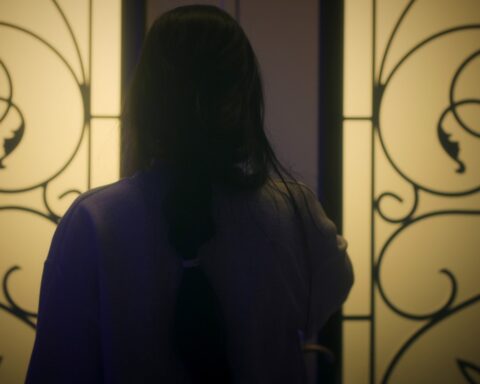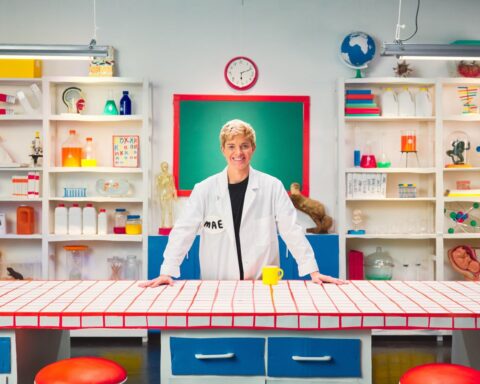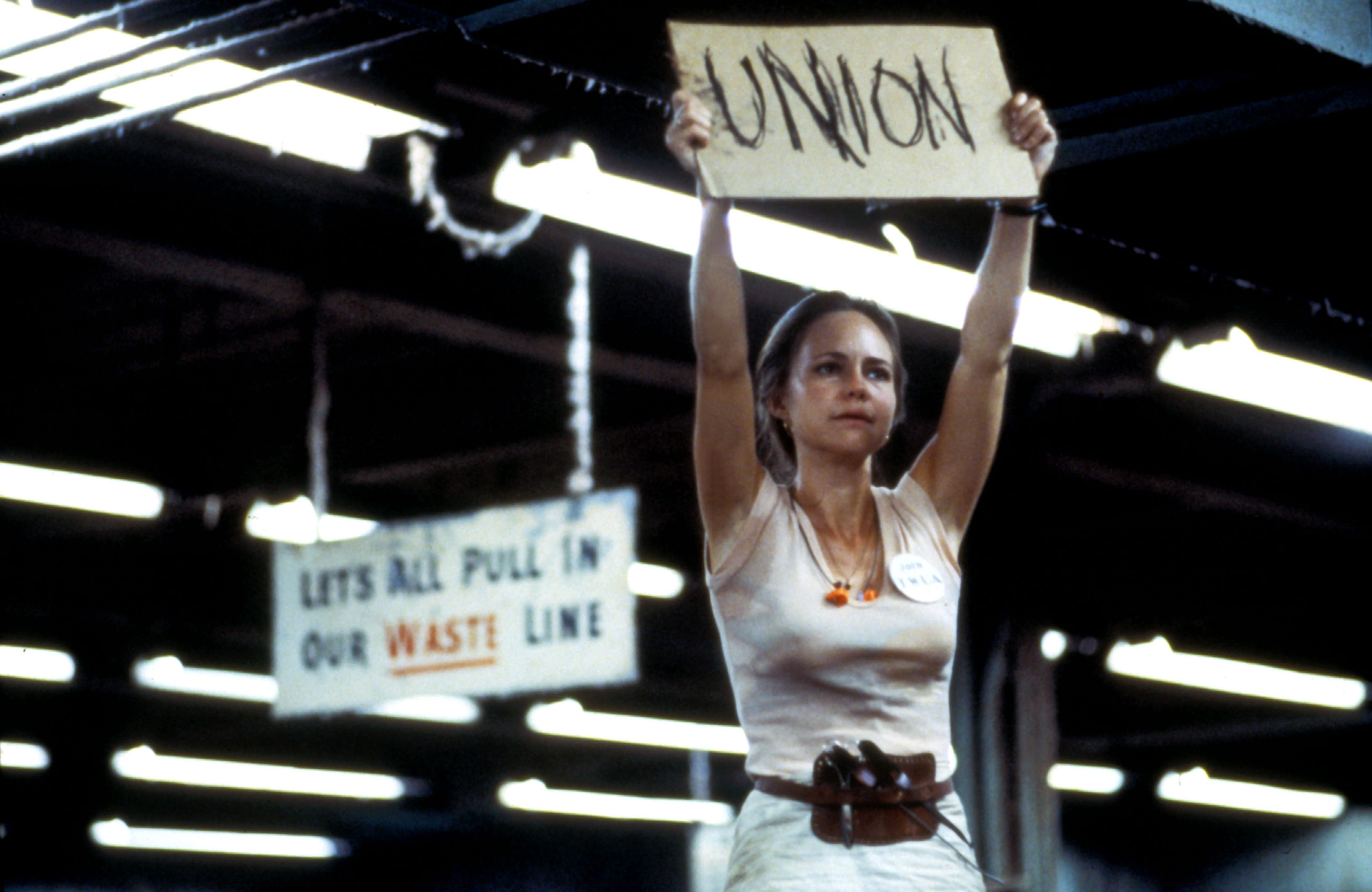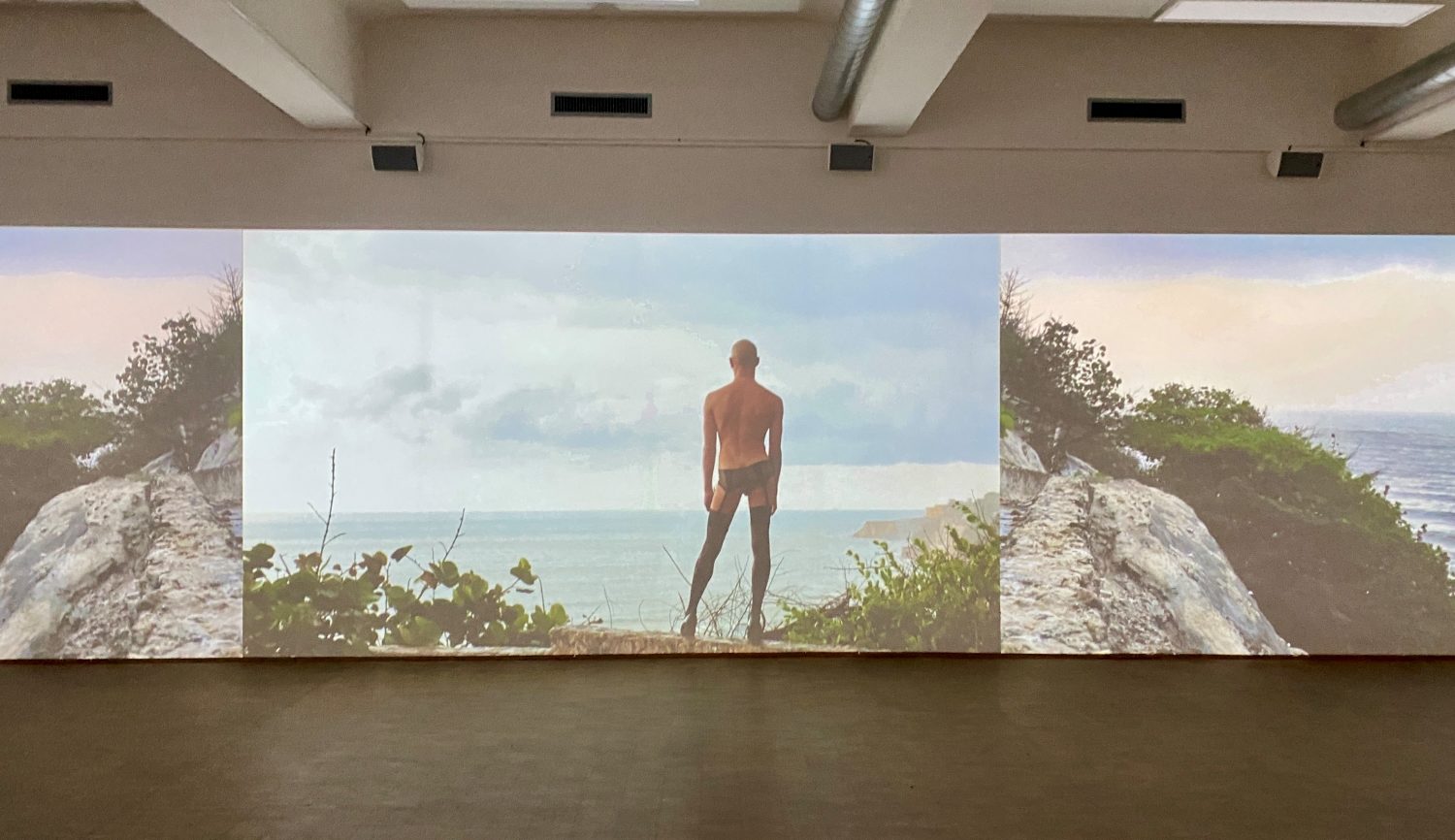It took dating 30 women on network television for him to confront it, but Colton Underwood is finally coming out. The former pro footballer and star of ABC’s reality series The Bachelor faces his sexuality in the Netflix mini-series Coming Out Colton. Audiences might find Underwood’s motivations suspect, and rightly so, given that his fling with former Bachelor beau Cassie Randolph ended with a restraining order after he put a tracking device on her car. (And then some.) It’s admittedly difficult to overlook the elements of calculated PR in Coming Out Colton as Underwood opens up to his family and friends. Whatever his motivations are, however, Coming Out Colton offers some valuable perspectives that should help LGBTQ+ viewers on their own journeys. The man once dubbed “the Virgin Bachelor” and, controversially, “the gay Bachelor” is now owning the latter moniker.
The unscripted series offers six episodes in which Underwood comes out to different people. First, it’s his family, then his friends, then the church, and finally the public. Each segment highlights different aspects that make the coming out experience terrifying for many people. Underwood’s visibly perplexed as he faces the possible fallout for being gay in a Catholic all-American family. Add the fact that he’s a beefcake jock reared on and closeted by “locker room banter,” and his coming out could really seem like it’s coming out of the blue. Although Colton’s confession catches many people off guard, it generally inspires words of acceptance and love.
Leaning on Gus
Coming Out Colton is inevitably repetitive by design, but Underwood understands that he has lots of explaining to do. He also has a lot of learning to do. The series partly observes as he explores what it actually means to be openly gay. Underwood receives some advice from his friend, Gus Kenworthy. The Olympic skier offers Underwood guidance about coming out and putting his platform to good use.
Kenworthy leans on his experience creating visibility for queer athletes and living openly and happily. Kenworthy helps Underwood navigate different aspects of gay culture in between the coming out chats. For example, he gets Underwood to choose his “type.” (Colton likes “daddies.”) He takes Underwood to a sex shop to explore toys. He invites Underwood and his dad for a drink at the Stonewall Inn to learn the history of the fight for LGBTQ+ rights. And he helps him work through the complicated and often conflicting emotions he feels. But Gus also has to explain basic terms like “cisgender.” This exchange highlights how little Underwood himself brings to the project.
Kenworthy is arguably the MVP of Coming Out Colton, especially in the episode that deals with religion. Underwood doesn’t get the response he hoped for from the friends in his bible group and from his pastor. Kenworthy then helps Underwood, and viewers, recognize that coming out involves choices. One ultimately has to choose to surround oneself with people who accept, love, and support them, and not with peers who take issue with one’s existence. The series explores how queerness and faith aren’t mutually exclusive as Underwood visits a progressive church. The LGBTQ+ pastor and parishioners use their experience as living proof that Underwood’s beliefs and feelings are compatible.
Challenging Stereotypes
Underwood’s encounters help deconstruct stereotypes that might prevent people from coming out. For one, Kenworthy reiterates that there’s no one-size-fits-all trick. The series emphasizes that being gay, like being heterosexual, means one can enjoy the family life, personal life, and sex life that’s best for them. Another visit introduces Underwood to a gay couple who recently adopted a child. Underwood, who wants marriage and children, sees how their happiness fits his notion of a “normal” life. Even Underwood’s presence as a masculine-presenting male challenges the stereotypical effeminate gay of popular culture.
The series has some sillier moments, including a coming out party that lets Underwood hang out with gay men. A few drinks and a bus ride with a drag queen provide a taste of “the lifestyle.” But the sequence offers a whiff of The Bachelor as several of the partiers come on to Colton. He’s openly uncomfortable. The idea of sex with men still makes him squirm and giggle.
There are also productive, mature conversations about the relationship between queerness and sports. Underwood joins several football players who came out before him to discuss the challenges of being gay on the locker room and on the field. They articulate how sports mentality needs to change. They share how it kept some of them in the closet during their careers, and how one risks losing one’s personal life to further one’s career.
More significant is the episode in which Underwood returns to his high school. He comes out to his former coach, whom he considers like a second father. The coach’s response is a muted, especially when Underwood confronts the homophobia bantered around in locker rooms. One of the show’s most courageous moments is when Underwood looks his coach in the eye and says how much those words hurt him.
The Elephant in the Room
Each episode of Coming Out Colton inevitably circles back to Underwood’s controversial harassment of Randolph. Many people on the show remind him that coming out doesn’t let him off the hook for the pain he caused her. The show follows Underwood on the day of his interview with Robin Roberts on Good Morning America where he addressed his sexuality. Underwood then scrolls through the Twitter feed, which reacts in real-time with messages of love and virulent toxicity. There’s certainly a danger in tying a coming-out story with a public apology. Underwood’s case isn’t on par with, say, Kevin Spacey coming out to deflect allegations of sexual assault, but it does perpetuate a link between internalised self-loathing and harmful behaviour, even if there’s a grain of truth to it. (Audiences can find a better exploration of this theme in Jane Campion’s Power of the Dog on Netflix.)
Underwood can’t quite unpack the baggage he carries. The restraining order with Randolph, which she eventually dropped, and privacy agreements associated with The Bachelor mean that Underwood can’t say much about his problematic past. Randolph isn’t on the show and doesn’t say her side. (She declined to participate.) Even when Coming Out Colton brings in a contestant from The Bachelor and two of Randolph’s friends who remind Underwood of the pain he caused, people always speak for Randolph.
“Do the Work”
In his confessional interviews, Underwood does his best to take accountability for what he did. The biggest revelation of the series is that Underwood speaks of a suicide attempt in the wake of his Bachelor scandal. Again, this disclosure doesn’t excuse his behaviour, but it speaks to the pain of internalised homophobia. The series is most valuable in sharing the importance of coming out sooner than later. Through Underwood’s story, Coming Out Colton illustrates how even someone who seemingly has everything can feel alone.
The series doesn’t necessarily prove Underwood the best spokesperson for the LGBTQ+ community, but it gives a platform to many people who are. In the finale, Underwood meets with a transgender pastor who reflects upon her own struggles with darkness, queerness, and faith. “Do the work,” she advises him. If he wants the platform, if hewants forgiveness, then he needs to understand the larger history of which his freedom is a part. Coming Out Colton is a first step in doing the work. While it’s by no means reflective of all coming out stories, it has a clear message of self-love and acceptance. It reassures audiences that friends and family are more likely to respond with love and compassion as one undertakes a new journey.
Coming Out Colton is now on Netflix.




